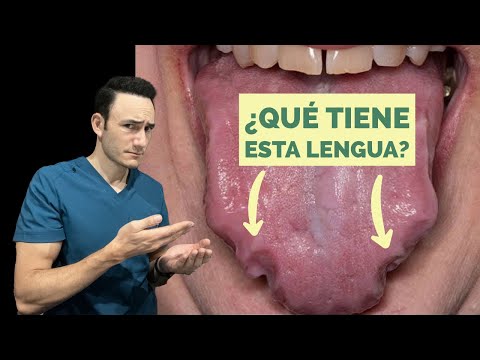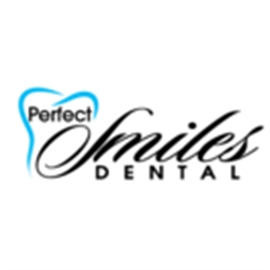Dentist Pill Sedation

Sedation dentistry has revolutionized the way patients experience dental care, making it possible for individuals with anxiety, fear, or discomfort to undergo procedures with a significant reduction in stress and pain. One of the methods used in sedation dentistry is the use of oral sedatives, often referred to as “dentist pill sedation.” This approach involves the administration of a pill or liquid medication before the dental procedure to help the patient relax. The medication used can vary, but common types include benzodiazepines, which are known for their calming effects.
How Dentist Pill Sedation Works
The process of dentist pill sedation begins with a consultation between the patient and the dentist to determine if oral sedation is the appropriate choice for the patient’s needs. This consultation is crucial as it allows the dentist to assess the patient’s medical history, the procedure’s complexity, and any allergies or sensitivities the patient may have. Once it’s decided that pill sedation is suitable, the dentist will prescribe the medication and provide instructions on when to take it.
The medication is typically taken about an hour before the dental appointment. By the time the patient arrives at the dentist’s office, they should already start feeling the effects of the sedation. The level of sedation can vary from mild to moderate, depending on the medication and dosage. In most cases, patients remain awake but feel very relaxed and less aware of what’s happening. However, they can still respond to verbal commands and physical stimuli.
Benefits of Dentist Pill Sedation
Reduces Anxiety and Fear: The primary benefit of pill sedation is its ability to significantly reduce or eliminate the anxiety and fear associated with dental procedures. Patients can relax during the treatment, making the experience much more comfortable.
Improves Procedure Experience: With the patient more relaxed, the dental procedure becomes easier to perform for the dentist. This can lead to more efficient treatments and better outcomes.
Minimal Side Effects: When used as directed, the medications used for pill sedation have minimal side effects. The most common side effect is drowsiness, which wears off a few hours after the procedure.
Convenience: pill sedation is less invasive than other forms of sedation, such as IV sedation. It does not require the insertion of an intravenous line, making it more appealing to patients who fear needles.
Safety Considerations
While pill sedation is generally safe, there are safety considerations that patients should be aware of. The most critical aspect is the potential for respiratory depression, although this is rare when the medication is used as directed. Patients are typically monitored during the procedure for any signs of distress or adverse reaction to the medication.
Additionally, patients who undergo pill sedation will need someone to drive them home after the procedure, as the effects of the medication can linger and impair their ability to drive safely. It’s also recommended that patients have someone stay with them for a few hours after the procedure to ensure their safety.
Types of Medications Used
Several types of medications can be used for pill sedation, with benzodiazepines being among the most common. These include:
- Triazolam: Used for its short duration of action, making it ideal for shorter procedures.
- Lorazepam: Offers a moderate level of sedation and is often used for patients who require more than mild sedation.
- Diazepam: Provides a longer duration of action and can be used for more complex procedures or for patients with higher levels of anxiety.
Conclusion
Dentist pill sedation has become a valuable tool in modern dentistry, allowing patients to receive necessary care without the burden of anxiety or fear. By understanding how pill sedation works, its benefits, and the safety considerations involved, patients can make informed decisions about their dental care. As with any medical procedure, it’s essential to discuss all options and concerns with a qualified dental professional to determine the best approach for individual needs.
Frequently Asked Questions
What is the most common medication used for pill sedation in dentistry?
+Benzodiazepines, such as triazolam, lorazepam, and diazepam, are commonly used for pill sedation due to their effective sedative properties and safety profile when used appropriately.
Can I drive myself home after undergoing pill sedation for a dental procedure?
+No, it is not recommended to drive yourself home after pill sedation. The effects of the medication can impair your ability to drive safely. It's best to have someone accompany you to the appointment and drive you home afterwards.
Is pill sedation suitable for all dental procedures?
+Pill sedation can be used for a variety of dental procedures, from routine cleanings to more complex surgeries. However, the suitability of pill sedation for a specific procedure depends on the patient's health status, the nature of the procedure, and the dentist's professional judgment.
By embracing the advancements in sedation dentistry, patients can look forward to a more comfortable and stress-free experience, encouraging regular dental care and improving overall oral health. As dentistry continues to evolve, the options for managing anxiety and fear during dental procedures will only expand, making dental care more accessible and pleasant for everyone.


